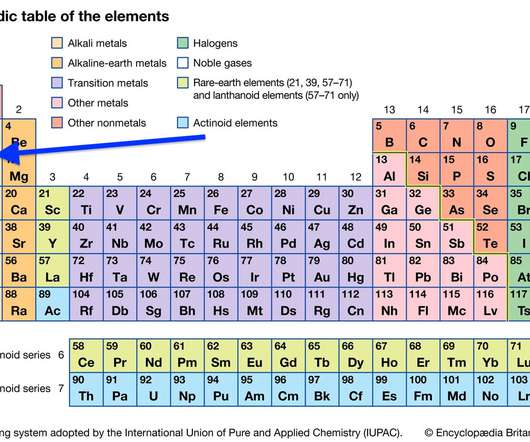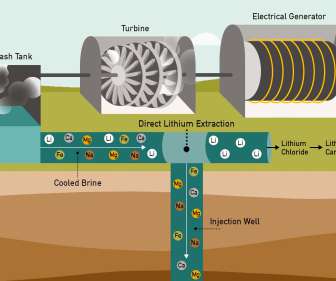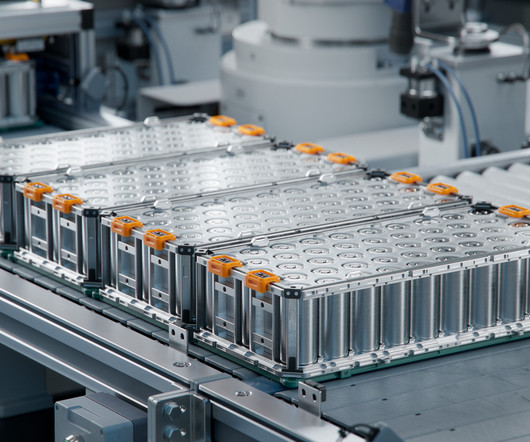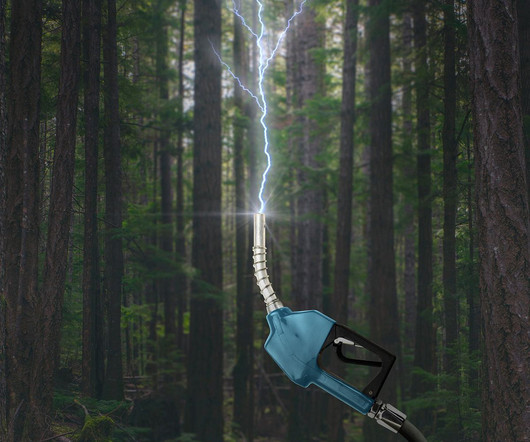Researchers develop rechargeable hybrid-seawater fuel cell; highly energy density, stable cycling
Green Car Congress
NOVEMBER 24, 2014
Researchers from Ulsan National Institute of Science and Technology (UNIST) in Korea and Karlsruher Institute of Technology in Germany have developed a novel energy conversion and storage system using seawater as a cathode. Similarly, sodium has recently attracted attention as a replacement for lithium in alkali-metal-air batteries.
























Let's personalize your content